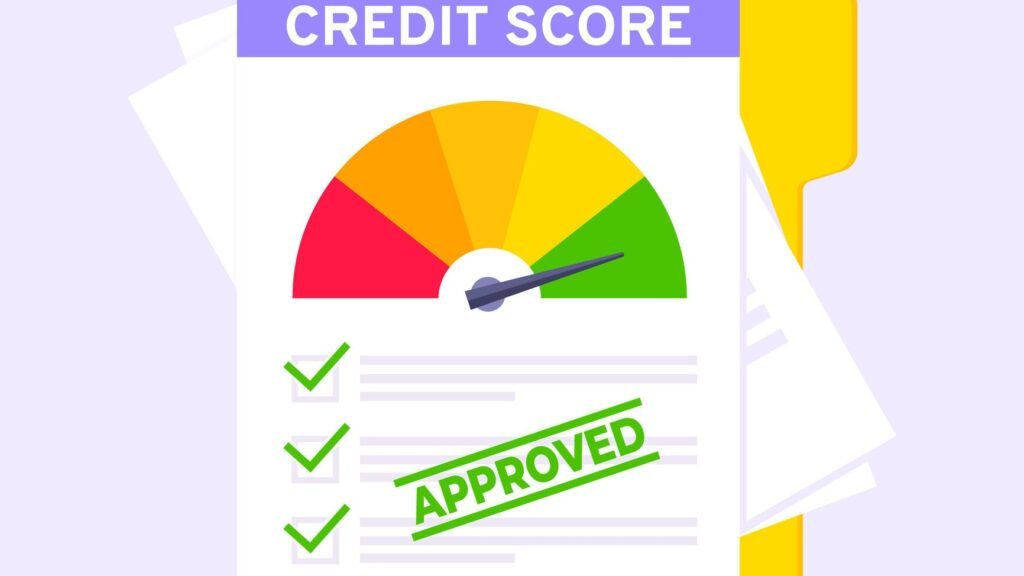
Understanding the Impact of Non-Payment: Exploring the Ramifications
Non-payment of dues can have dire consequences for businesses, both large and small. The financial impact of non-payment can be significant, disrupting cash flow and putting a strain on the bottom line. Unpaid invoices and outstanding debts can create a ripple effect, affecting the overall financial stability of a company.
In addition to the immediate financial fallout, non-payment can also have legal repercussions. Businesses may be forced to navigate the often complex legal system to recover their unpaid funds. This can involve costly litigation and extensive time and resources. Moreover, non-payment cases can damage the relationships between business partners and clientele, potentially leading to strained partnerships and loss of future business opportunities. The fallout from non-payment extends beyond just the financial realm, affecting a company’s reputation and credit score. Defaulting on payments can tarnish a business’s reputation, making it harder to secure future loans or establish new business relationships.
The Financial Fallout: How Non-Payment Affects Your Bottom Line
Businesses of all sizes know that cash flow is the lifeblood of their operations. When clients or customers fail to meet their financial obligations, it can have a significant impact on the bottom line. Non-payment can cause immediate and tangible financial fallout, affecting a company’s ability to pay bills, meet payroll, and invest in growth opportunities. Without the expected revenue, businesses may be forced to dip into reserves or rely on credit to bridge the gap, both of which can have long-term implications for the company’s financial health.
One of the most immediate consequences of non-payment is the strain it puts on a business’s working capital. When invoices go unpaid, it disrupts the expected cash inflow and restricts a company’s ability to cover expenses. This can lead to a domino effect, where late payments or postponed purchases ripple through the supply chain, impacting suppliers, vendors, and service providers. Ultimately, this can result in strained relationships and potentially weaker negotiating power when it comes to future business agreements. Additionally, the financial fallout from non-payment can limit a company’s ability to invest in new projects, upgrade technology, or take advantage of time-sensitive opportunities, stunting growth and potentially putting the business at a competitive disadvantage.
Legal Consequences: Navigating the Legal System in Non-Payment Cases
The legal consequences of non-payment can have far-reaching effects on businesses and individuals alike. When faced with non-payment, navigating the legal system can be a daunting and complex task. It requires a comprehensive understanding of the laws and regulations surrounding debt collection, as well as the ability to effectively present your case in court.
One major challenge in these cases is proving the validity of the debt owed. This requires providing documentation, invoices, or other evidence to support your claim. Additionally, it is important to be aware of the statute of limitations for pursuing legal action. Each jurisdiction may have different time limits within which you can file a lawsuit for non-payment. Failure to act within these time constraints may result in the loss of legal recourse.
Damaged Relationships: The Toll on Business Partnerships and Clientele
When non-payment occurs in a business relationship, the toll on partnerships and clientele can be significant. Trust is eroded, and the perception of reliability and professionalism is compromised. For business partners, unpaid invoices can strain the relationship and create a sense of resentment. It may lead to strained communication, decreased collaboration, and, in some cases, the dissolution of the partnership itself. The strain on partnerships trickles down to the clientele as well, as they may lose faith in the ability of the business to deliver on its promises. This can result in decreased loyalty, a loss of repeat business, and even tarnished reputation within the industry.
Furthermore, damaged relationships with clientele can have wider consequences for the business. Word of mouth is a powerful marketing tool, and negative experiences can quickly spread within professional networks. Clients may warn their peers and colleagues about the unreliability of the business, leading to a loss of potential new opportunities. In today’s interconnected world, where online reviews and testimonials carry significant weight, a damaged reputation may be difficult to recover from. It takes time, effort, and consistent performance to rebuild trust and regain the confidence of both existing clients and potential prospects.
Credit Score and Reputation: Repercussions for Future Financial Endeavors
Default Language:
Maintaining a good credit score and reputation is crucial for ensuring success in future financial endeavors. When a business fails to receive payment for goods or services rendered, it can have a detrimental impact on their creditworthiness and standing in the business community.
A damaged credit score can hinder a company’s ability to secure loans, lines of credit, and favorable payment terms in the future. Lenders and suppliers rely heavily on credit scores to assess the risk associated with extending credit or entering into business relationships. Therefore, a lower credit score resulting from non-payment can make it harder for a business to secure the financial resources needed for growth and expansion.
Furthermore, a tarnished reputation due to non-payment can have far-reaching consequences. Word travels fast in the business world, and if a company repeatedly fails to fulfill its financial obligations, it can develop a negative reputation among suppliers, partners, and potential clients. This damaged reputation can result in strained business relationships, loss of valuable partnerships, and difficulty in attracting new clients, all of which can impede the growth and success of a business.
Disclaimer: The above paragraphs are written in Default Language. They may contain some mistakes, and their structure and the flow may be slightly unnatural.
Collections and Debt Recovery: Strategies for Retrieving Unpaid Funds
Collections and debt recovery can be a challenging process for businesses dealing with non-payment. It is essential to have effective strategies in place to retrieve unpaid funds and minimize financial losses. One of the first steps in this process is to contact the debtor and clearly communicate the outstanding debt and payment expectations. This can be done through phone calls, emails, or written letters, ensuring that all interactions are professional and respectful. It is important to provide the debtor with a clear deadline for payment and offer assistance or payment options if necessary. If the debtor fails to respond or make any payment arrangements, legal action may be necessary.
When legal action becomes necessary, hiring a collections attorney or working with a debt collection agency can be beneficial. A collections attorney specializes in debt recovery and is knowledgeable about the legalities involved. They can help navigate the legal system, file lawsuits if needed, and advise on the best course of action based on the specific circumstances. Working with a reputable debt collection agency is another option. These agencies have expertise in negotiating payment plans and utilizing various strategies to recover the unpaid funds. They can also handle the necessary paperwork and legal procedures on behalf of the business, saving time and effort. The cost for these services may vary, but it is often worth the investment to recover the debt effectively.


